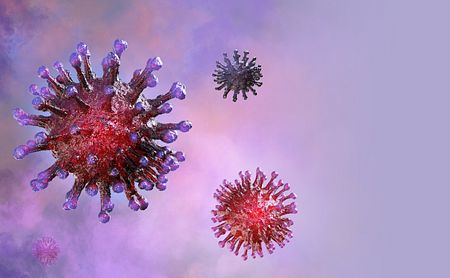COVID-19 Vaccines Safe for Dravet Patients, UK Survey Suggests

Vaccines against COVID-19 appear to be safe and well-tolerated in patients with Dravet syndrome, a U.K. survey indicates.
A brief report on the survey’s top results was announced recently by Dravet Syndrome UK.
The COVID-19 pandemic has had an incalculable impact across the world. Recently, several vaccines for COVID-19 have been authorized for public use in different countries. While these vaccines offer hope to curb the spread of infections, they have also prompted questions and concerns for patient communities.
The Dravet Syndrome UK conducted a survey in February to assess the impact of COVID-19 vaccination in patients with Dravet syndrome and their families.
The survey included eight families of people with Dravet, ages 16 to 44, who had received the COVID-19 vaccine from Oxford/AstraZeneca (ChAdOx1 nCoV-19) or Pfizer/BioNTech (BNT162b2), both approved in the U.K.
Among the survey’s key findings is the fact that these vaccines were as well-tolerated by Dravet patients as by most people without the disease.
All patients with Dravet reported at least one side effect from vaccination. The reactions included fatigue, fever, soreness at the injection site, aching, and headache. All these side effects were also commonly reported by the general population (83% of those administered the Pfizer/BioNTech and 88% of those administered the Oxford/AstraZeneca vaccine) and are caused by an appropriate response of the immune system to the vaccine.
Two Dravet patients, previously infected with COVID-19, experienced similar side effects to those who had not yet been infected by the coronavirus.
Fever — a common precipitant for seizures in Dravet — was more frequently reported by patients than by the general population. However, in most people, even when fever was present, there were no significant changes in seizure frequency or duration after vaccination.
One patient reported an increase in seizure frequency. This patient had a seizure 11 days after receiving the Oxford/AstraZeneca vaccine, after experiencing no seizures for 10 years. However, it is difficult to confirm the link between this event and COVID-19 vaccination.
Some studies indicate that the treatment with paracetamol before and for 24 hours after COVID-19 vaccination is effective at reducing some of these side effects without compromising the effectiveness of the vaccine.
A short treatment with benzodiazepines may reduce any short-term increase in seizure frequency associated with vaccination and should be discussed with a neurologist.






